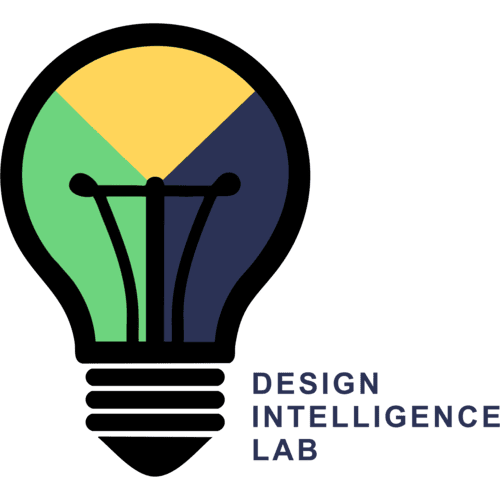Abstract
The ACT project is an ongoing collaboration among learning, cognitive, computing and biological scientists at Georgia Institute of Technology and Rutgers University, focusing on learning functional models of ecosystems in middle school science. In particular, ACT (for Aquarium Construction Toolkit) is an interactive learning environment for stimulating and scaffolding construction of Structure-Behavior-Function (SBF) models to reason about classroom aquaria. Initial results from deployment of ACT in several classrooms with a few hundred middle school children indicate statistically significant improvement in identification of the structure, behaviors and functions of classroom aquaria as well as appropriation of SBF modeling by some middle school teachers for modeling other natural systems. In this article, we summarize and review the main results from ACT on learning about SBF models of ecosystems in middle school science and describe self-regulated learning in ACT, while also looking ahead and outlining the design of a metacognitive ACT toolkit.
